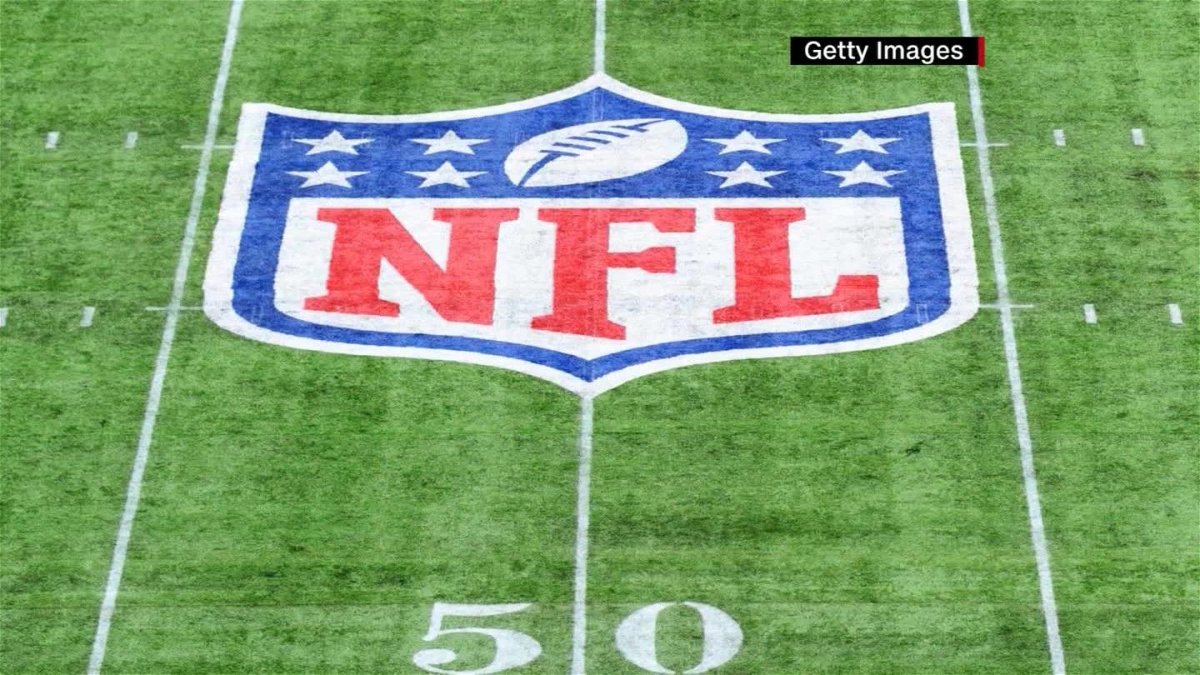66 NFL players have opted out over virus concerns: What this means for the 2020 season

For a full-contact sport like football — in which it’s virtually impossible to avoid being close to others, even under the strictest guidelines — it is all but certain more players will test positive for the coronavirus, experts say.
The NFL is trying to figure out how to handle its pandemic-afflicted season, as several top college players — and at least one university program — are walking away from gridiron competition this year.
At least 66 pro players have opted out of 2020 play. And with the United States experiencing a surge in cases as MLB weathers its own outbreak, the immediate future of the NFL is in uncharted territory.
The NFL’s chief medical officer, Dr. Allen Sills, acknowledged in an interview Wednesday with NPR that it is anticipated the league will have more Covid-19 cases during the season that’s set to begin September 10.
“We expect to have positive cases,” Sills said. “No matter how careful that we try to be and how many protocols we have in place, we know that this disease remains endemic in our societies and our communities, and it’s highly contagious.”
NFL ruled out a league bubble weeks ago
In the NFL offseason, 107 players tested positive through Wednesday, and at least 56 players tested positive since players began to report to training camps, data released by the NFL Players Association (NFLPA) shows.
“This is a respiratory virus, so it’s going to be spread by shedding virus,” Dr. Anthony Fauci, director of the National Institute of Allergy and Infectious Diseases, said in May in an interview with NBC Sports.
“The problem with virus shedding is that if I have it in my nasal pharynx, and it sheds and I wipe my hand against my nose — now it’s on my hand,” Fauci said. “You see, then I touch my chest or my thigh, then it’s on my chest or my thigh for at least a few hours. Sweat, as such, won’t transmit it. But if people are in such close contact as football players are on every single play, then that’s the perfect set up for spreading.
“I would think that if there is an infected football player on the field — a middle linebacker, a tackle, whoever it is, it — as soon as they hit the next guy, the chances are that they will be shedding virus all over that person,” he said.
Unlike the NBA and NHL, the NFL and NCAA football teams are not playing in controlled environments where access and travel is limited. With players able to openly travel to and from facilities and games, players and staff can get infected while not on site.
“Unless players are essentially in a bubble — insulated from the community and they are tested nearly every day — it would be very hard to see how football is able to be played this fall,” Fauci told CNN’s Chief Medical Correspondent Dr. Sanjay Gupta in June.
“If there is a second wave, which is certainly a possibility and which would be complicated by the predictable flu season, football may not happen this year,” he added, though the season opener remains on the books for next month.
The possibility of a restricted NFL environment was ruled out in mid-June, with Sills saying, “We do not feel it’s practical or appropriate to construct a bubble.”
Without a bubble — and even with the NFL’s daily testing protocols — a sick player could easily slip through the cracks and possibly infect others until a proven vaccine is available.
Players weigh health and income risks
The pro football league set a deadline of 4 p.m. ET on Thursday for players to opt out of the 2020 season, and of 2,880 players, 66 officially did so, the NFL confirmed to CNN. For NFL players, it means choosing health and safety over paychecks.
The New England Patriots have the most opt-outs, with star linebacker Dont’a Hightower being among eight players on the team choosing to sit out the season.
Beyond the NFL, several big-name college football players also have opted out of playing this year and will instead prepare for the 2021 NFL draft. College football players who sit out potentially hurt their chances to develop and improve their draft stock, which could mean millions of dollars lost if they fall in the draft.
Purdue wide receiver Rondale Moore, Miami defensive end Greg Rousseau and Penn State linebacker Micah Parsons all announced that they would not play in 2020.
“Given the unprecedented circumstances we are currently living in, the best choice for my family and I is to opt out of the upcoming season and prepare for the upcoming season and prepare for the 2021 NFL Draft,” Moore said in a statement to Purdue fans on Twitter.
The University of Connecticut announced Wednesday that it would cancel all competition for its football program this upcoming season.
“After receiving guidance from state and public health officials and consulting with football student-athletes, we’ve decided that we will not compete on the gridiron this season,” Director of Athletics David Benedict said in a statement. “The safety challenges created by COVID-19 place our football student-athletes at an unacceptable level of risk.”
While UConn is the first college program to voluntarily opt out of the season, it may not be the last.
